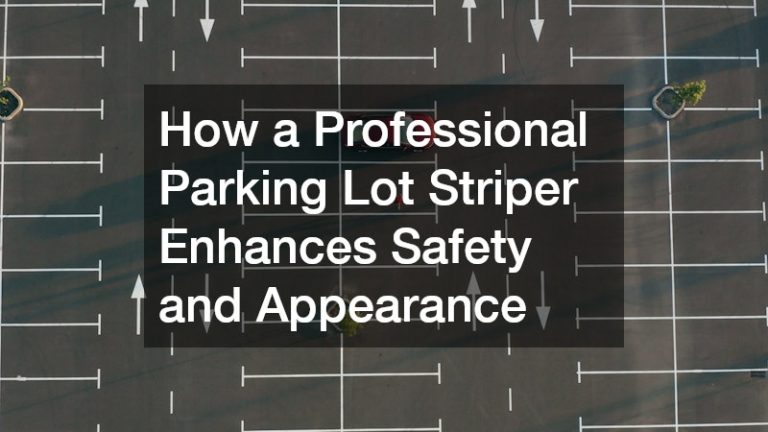

Have you ever passed a big freight truck with a full load and wondered how all the logistics work to get that load from point A to point B? In 2013 our nation’s trucking transported 15 billion tons of important and valuable cargo. According to the Bureau of Labor Statistics, trucks will be transporting close to 19 billion tons by the year 2040. Freight management is serious business, and a broker system is necessary to manage all the logistics. Read on to learn more about a broker system and just how load boards are arranged.
- The first step: a shipper or business contacts a broker. A broker is essentially a third-party between the shipper in need of LTL or TL shipments and the actual transportation company. The broker system takes care of consolidating all the important information. Some shipments are regular and scheduled; others will be special orders. All will need basic information like location for pickup, contact info, instructions for packaging or handling the cargo, any issues with compliance standards, the needed equipment for managing the load, and any preferences or demands by the receiver on the other end. Many modern broker systems can use transportation management software to gather and process this data.
- The broker system will then make an order with the freight company. They use all the information gathered in the first step and arrange precise times for picking up and delivering all the cargo. It might seem like a seller could do this directly, but in reality, a broker can do it better, faster, and more securely. Brokers have a whole network of carriers to choose from. they know who is dependable and who is best suited for carrying which type of load. Borker software can quickly and efficiently match load needs to the right carrier, contact the carrier, and make all the arrangements.
- The broker keeps everyone on track and on time. The broker system works to contact all the parties involved at the right moment. Everyone will be reminded of when an where shipments are to be picked up and delivered. A broker is usually personally present to oversee the loading of the truck, verifying that the load is right, the truck is correct, and everyone is clear on the correct destination.
- The broker stays in contact through the shipment process. While the load is being transported, the broker or freight management service will remain in contact with the truck driver and track everything by GPS. The broker system is always updated with information about where a load is and estimates about delivery times. The broker also keeps after both the driver and the consignee to make sure that delivery and unloading are done on time. Once the consignee has the goods, the broker will collect all the paperwork, manage to the billing, and generate invoices.
Outsourced load management and broker systems can be a smart move for any company. The right broker not only takes over tasks, freeing the shipper up to do other things but also provides valuable expertise that speeds up the process and helps to guarantee a good result. A broker also helps deal with the issues that inevitably come up in transport, such as accidents, weather issues, or breakdowns. Having the right broker is key to getting good shipped quickly, efficiently, and safely from one point to another.



